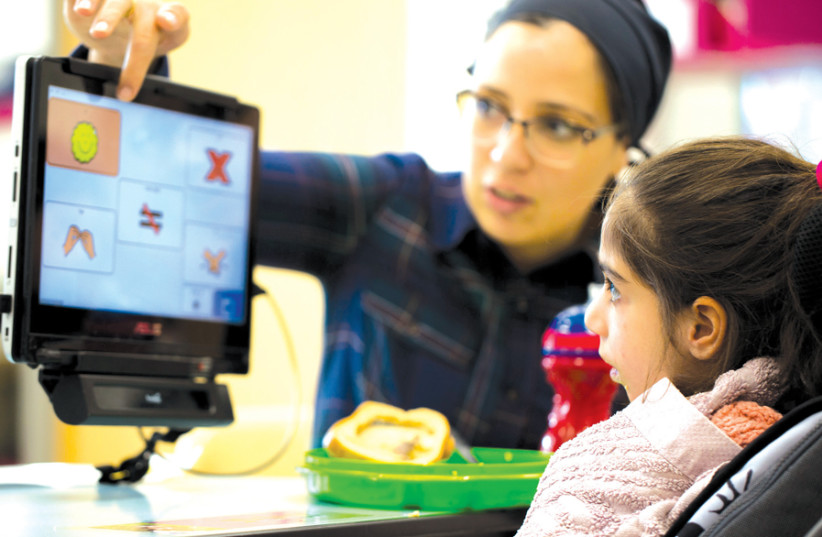The National Insurance Institute issued a new circular to branches across Israel and to medical teams on August 15 regarding a streamlined procedure. This stipulates that a child with autism spectrum disorder (ASD) should not have to keep attending frequent board reviews. Instead, once eligibility for social-security support is established, it should be automatically extended to age 18.
The NII benefit
For a child with 100% autism, the monthly NII support payment can reach NIS 3,000. Late claims may be paid up to a year retroactively.
Documentation now needed includes an application form, a medical opinion, a psychological opinion and a report spelling out how the diagnosis was done.
The latest change

According to the NII, until recently, temporary eligibility for social-security support was determined for children with ASD spectrum disorder, based on a medical opinion that changes occurred to children in their first years of life and after related treatment. Then, at age seven, children were invited to a medical board with updated medical documentation pertaining to the child’s condition.
A survey conducted by the NII’s Disabilities and Rehabilitation Administration found that the eligibility of 97% of surveyed children remained unchanged. Therefore, a circular aiming at a significant cut in bureaucracy has now been issued. It does away with the need to attend medical boards and prolongs eligibility until the age of 18 and three months, i.e., until the child reaches adulthood, and applicable law changes accordingly.
In other words, upon sending their child for examination, parents need to submit a claim for social-security benefits together with the medical examination performed. Most medical board discussions will be held without the requirement for the family to come to the NII, based on the medical documentation.
For examinations performed under age three, eligibility may be granted until age 10.
For examinations performed above age three, eligibility may be granted automatically until age 18 and three months.
Please consult experienced medical practitioners in specific cases.
leon@h2cat.com
The writer is a certified public accountant at Harris Horoviz Consulting & Tax Ltd.

